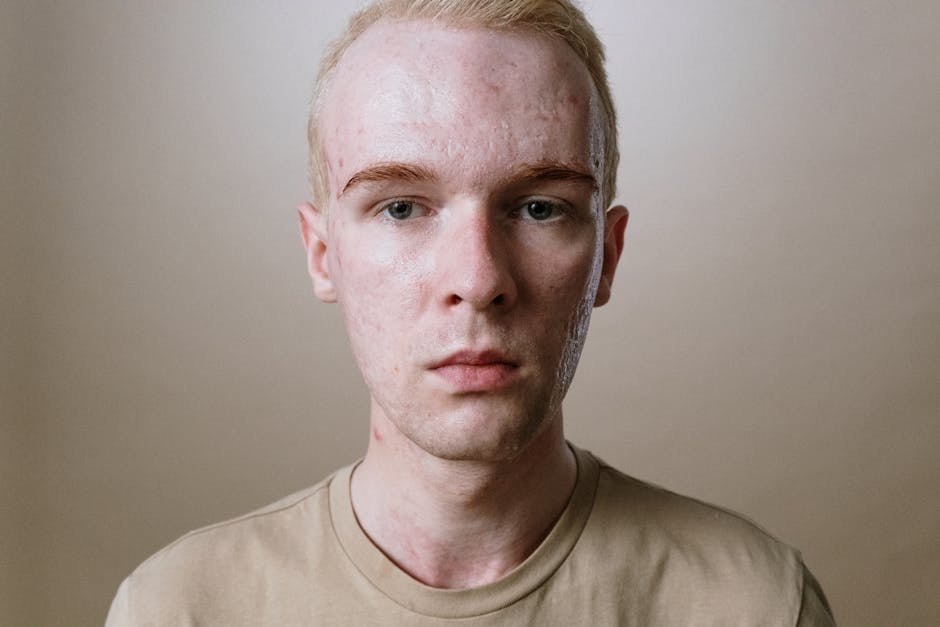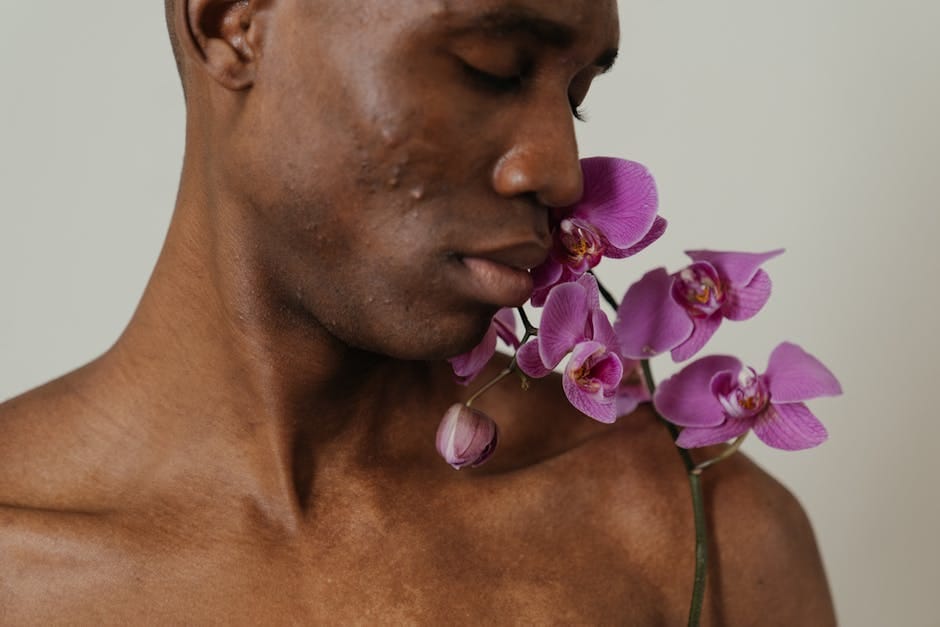Acne Treatment: A Comprehensive Guide To Battling Breakouts
Acne, a common skin condition that affects people of all ages, can be a frustrating and embarrassing issue. It occurs when hair follicles become clogged with oil, dead skin cells, and bacteria. This leads to the formation of pimples, blackheads, and whiteheads. While acne is not life-threatening, it can impact one's self-esteem and confidence. Fortunately, there are effective treatment options available to help manage and prevent acne outbreaks.
**Understanding the Causes of Acne**
To effectively treat acne, it's important to understand its root causes. Factors that contribute to acne include:
* **Hormonal changes:** Androgens, hormones produced during puberty, stimulate oil production in the skin, leading to clogged pores.
* **Bacterial growth:** The bacteria Propionibacterium acnes (P. acnes) thrives in the sebum-rich environment of the skin, causing inflammation and breakouts.
* **Excess oil production:** Sebaceous glands produce sebum, a natural skin lubricant. Overproduction can lead to clogged pores and acne.
* **Blocked hair follicles:** Dead skin cells and bacteria can accumulate in hair follicles, creating a breeding ground for P. acnes.
* **Diet:** Some studies suggest that certain foods, such as high-glycemic carbohydrates, can exacerbate acne.
**Treatment Options for Acne**
Depending on the severity and type of acne, treatment options may include:
* **Over-the-counter (OTC) medications:** Salicylic acid, benzoyl peroxide, and retinoids are common OTC ingredients that help reduce inflammation and unclog pores.
* **Prescription medications:** Antibiotics, retinoids, and hormonal therapies may be prescribed to combat bacterial growth, regulate oil production, and clear existing breakouts.
* **Chemical peels:** These treatments involve applying a chemical solution to the skin to exfoliate and remove dead skin cells and bacteria.
* **Laser therapy:** Lasers target and destroy P. acnes bacteria, reducing inflammation and breakouts.
* **Light therapy:** Blue light and red light therapies have been shown to kill bacteria and reduce inflammation, improving acne symptoms.
**Lifestyle Modifications for Acne Prevention**
In addition to medical treatments, certain lifestyle changes can help prevent and manage acne:
* **Wash your face twice daily:** Use a gentle cleanser to remove dirt, oil, and bacteria from the skin.
* **Exfoliate regularly:** Exfoliating helps remove dead skin cells that can clog pores.
* **Moisturize your skin:** Moisturizing helps keep the skin hydrated and prevents overproduction of oil.
* **Avoid touching your face:** Touching your face can transfer bacteria to the skin, leading to breakouts.
* **Manage stress:** Stress can trigger hormonal changes that increase oil production.
* **Consider dietary changes:** Limiting high-glycemic carbohydrates and sugary drinks may help reduce acne breakouts.
**Conclusion**
Acne is a common skin condition that can be effectively managed with proper treatment and lifestyle modifications. By understanding the causes of acne and exploring the available treatment options, individuals can regain clear and healthy skin. It's important to consult a dermatologist to determine the most appropriate treatment plan based on individual skin type and severity of acne.


